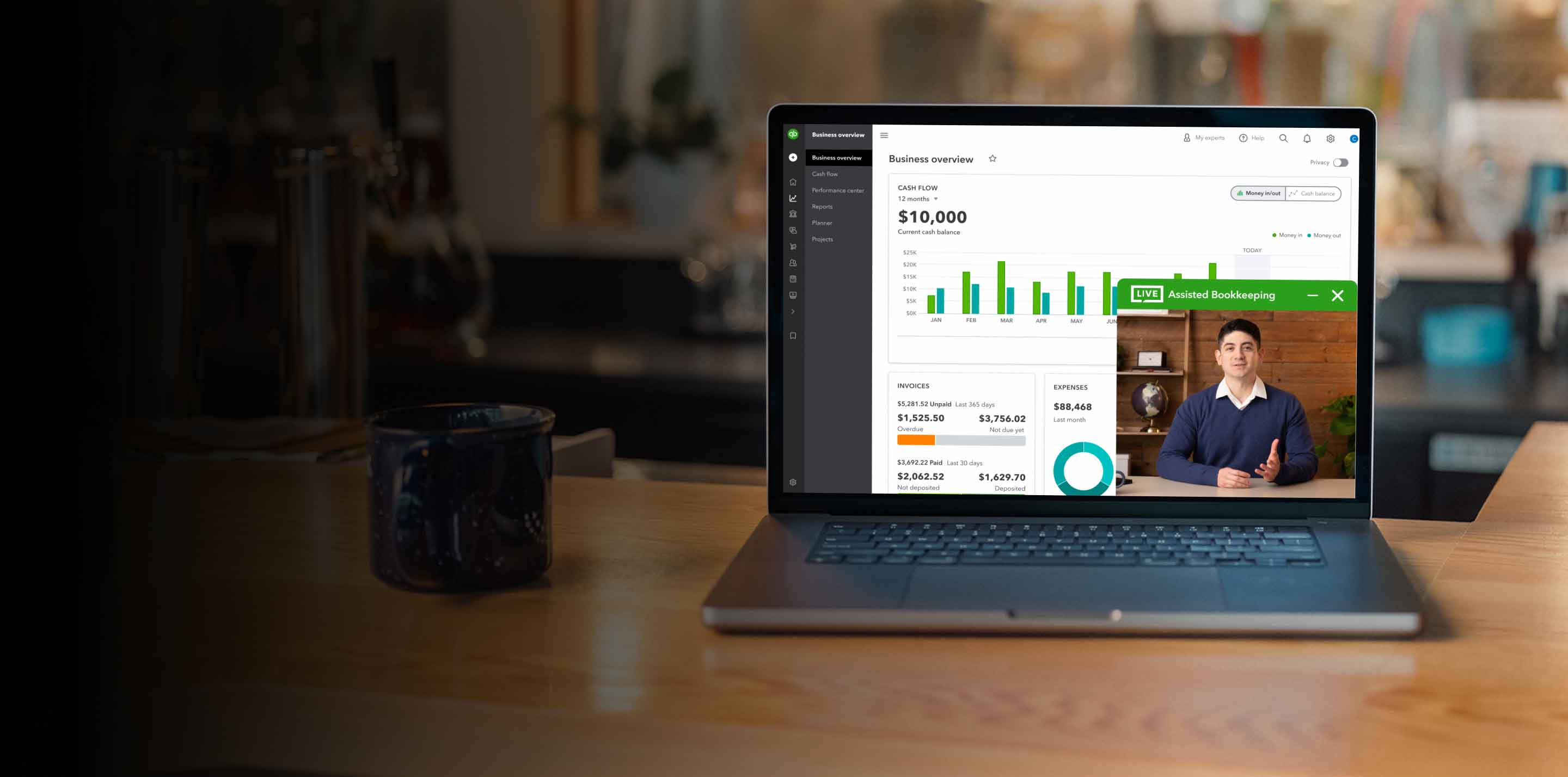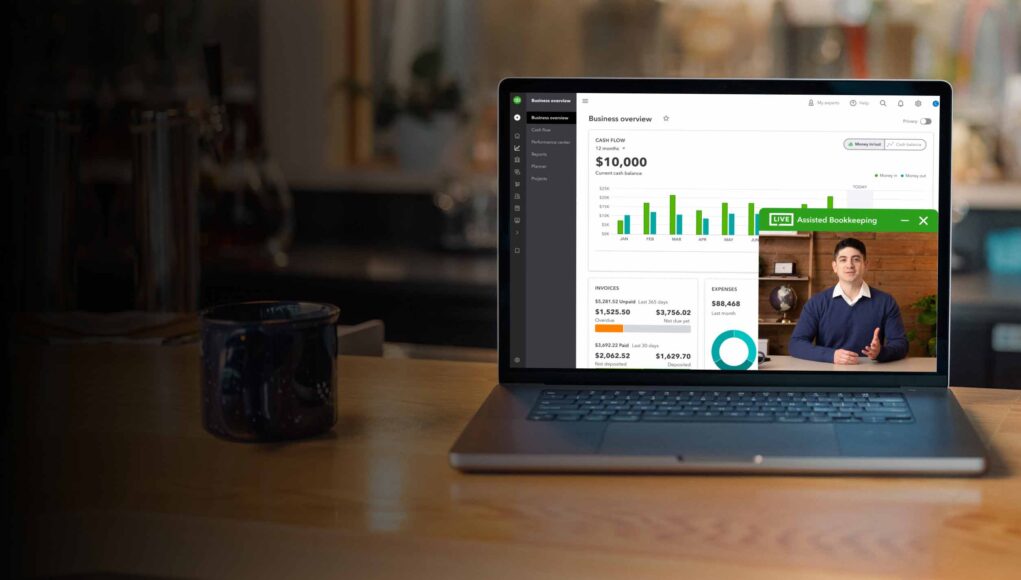A Cost Accounting System Check All That Apply: Smart Tips. This system is essential for tracking expenses and aiding in strategic decision-making. It identifies both the fixed and variable costs associated with production.
Tracking financial performance and understanding production costs are vital for any business’s success. That’s where a cost accounting system steps in. It helps companies manage their finances by meticulously recording all costs incurred during the process of producing goods or offering services.
By dissecting these costs, businesses can pinpoint areas where they can improve efficiency, cut down on wasteful spending, and enhance their overall profitability. This system plays a crucial role not only in budgeting and controlling but also in helping managers make informed decisions. Whether your organization is a burgeoning start-up or an established industry player, a robust cost accounting system is the cornerstone of financial health and competitive edge. It allows for a detailed analysis of operational performance, thereby guiding firms along the path to financial optimization and strategic development.
Introduction To Cost Accounting Systems
Discover how a Cost Accounting System can transform your business financial management. This guide entails how tracking expenses, revenues, and profitability becomes efficient.
Definition And Importance Of Cost Accounting
Cost accounting is tracking, recording, and analyzing costs associated with products or services. Its importance lies in its capacity to influence decision-making, improve cost control, and enhance overall financial health. It supports strategic planning and provides insights into cutting unnecessary expenses.
Overview Of Cost Accounting System Components
A Cost Accounting System comprises several key components:
- Direct Costs: Expenses directly tied to product production.
- Indirect Costs: Overhead or operational expenses not directly traceable.
- Activity-Based Costing: Allocating costs to products based on the activities involved.
- Standard Costing: Using industry standards to assess performance.
- Job Order Costing: Tracking costs for individual jobs or batches.
Benefits Of Implementing An Efficient Cost Accounting System
An efficient system yields multiple benefits:
| Benefit | Explanation |
|---|---|
| Better Pricing Strategies | Understand costs to set competitive prices. |
| Improved Budget Management | Track spending against budgets. |
| Enhanced Decision Making | Make informed financial decisions. |
| Reduced Waste | Identify and eliminate inefficiencies. |
Key Features Of An Effective Cost Accounting System
An effective cost accounting system is a giant leap towards financial clarity for any business. It ensures precise cost calculation and financial optimization. Below are the key features that make a cost accounting system robust and reliable.
Accurate Cost Tracking
The core of any cost accounting system lies in its accuracy in tracking costs. It captures direct and indirect costs associated with products and services. To keep data reliable, the system must handle:
- Material costs
- Labor expenses
- Overhead allocations
Integration With Financial And Operational Systems
A seamless integration with other systems is vital. Data flows between the cost accounting system and:
- ERP systems
- Inventory management
- HR and payroll platforms
Flexibility And Scalability
An adaptable system grows with the business. It must feature:
- Modular design for easy expansion
- Customizability for unique business needs
- Scalable infrastructure to support growth
Compliance With Industry Standards
Adhering to standards is non-negotiable. An effective system ensures compliance with:
- GAAP (Generally Accepted Accounting Principles)
- IFRS (International Financial Reporting Standards)
- Tax regulations
Smart Tips For Evaluating Your Cost Accounting System
Smart Tips for Evaluating Your Cost Accounting System
An effective cost accounting system is vital for business success. It helps track expenses, drive strategic decision-making, and enhance financial health. Regularly evaluating this system ensures operational efficiency and financial integrity. Below are smart tips to assess and improve cost accounting practices.
Conducting A Cost-benefit Analysis
Actionable insights begin with understanding the trade-offs. Analyze the time and resources invested in your cost accounting against the benefits. Include a table to compare costs and gains.
| Investment in Accounting System | Benefits Gained |
|---|---|
| Software Costs | Accuracy in Reports |
| Staff Training | Efficient Cost Tracking |
Identifying And Rectifying Bottlenecks In Cost Allocation
Bottlenecks can hinder accuracy. Use flowcharts to visualize the cost allocation process, identifying where delays happen. Introduce process improvements to eliminate these blocks for smoother workflows.
Start
|
[Cost Identification]
|
[Cost Pooling]
|
[Cost Assignment] --> [Bottleneck]
|
End
Enhancing Cost Transparency Across The Organization
Ensure cost information is accessible and understandable. Adopt dashboards that display cost data in a user-friendly format. This empowers departments to manage and optimize their expenses actively.
Adopting Advanced Technologies Like Ai And Big Data
Invest in AI and big data tools to analyze vast amounts of cost data. These technologies can reveal trends and efficiencies that manual processes might miss. List the technologies that can boost your accounting system.
- Machine Learning Algos
- Big Data Analytics
- Predictive Analytics

Implementing And Maintaining Your Cost Accounting System
An effective cost accounting system is vital for tracking expenses and guiding business decisions. Implementing and maintaining such a system requires precision, regular updates, and a commitment to best practices. The process doesn’t end at implementation; it evolves continually. Businesses must perform regular audits and provide thorough training to staff. To leverage cost insights, executives need to use the data strategically for business growth. Let’s dive into how to do this effectively.
Best Practices For System Implementation
Choosing the right cost accounting system sets the stage for success. Before installation, analyze specific business needs. Select a system that is scalable and fits the company’s size and complexity. During implementation, involve every relevant department to foster acceptance and ease the transition.
- Create a realistic timeline for the rollout.
- Test the system thoroughly before going live.
- Ensure data accuracy from the start.
Regular Audits And System Updates
Maintaining the integrity of your cost accounting system is crucial. Conduct regular audits to ensure accuracy and reliability. These spot checks help in identifying discrepancies early. Updates keep the system aligned with the latest financial regulations and technologies.
- Schedule periodic audits, possibly quarterly or bi-annually.
- Update regularly to enhance functionalities and security.
Training And Support For Staff
Staff must understand how to use the system effectively. Provide comprehensive training at the outset and continuous support thereafter. Organize refresher courses to keep staff updated on new features and best practices.
- Initial comprehensive training sessions.
- Ongoing support availability for queries and troubleshooting.
- Continuous learning opportunities to boost efficiency.
Leveraging Insights For Business Strategy
A cost accounting system is a gold mine for actionable business insights. These insights enable informed strategic decisions. Key takeaways should influence budgeting, pricing, and process improvements. Properly analyzed, this data can lead to significant cost savings and increased profitability.
- Review cost reports regularly to identify trends.
- Adjust business strategies based on accurate data.
- Identify cost-saving opportunities and efficiency gains.

Credit: www.shopify.com
Frequently Asked Questions Of A Cost Accounting System Check All That Apply
What Are The 4 Types Of Cost Accounting?
The four types of cost accounting are standard costing, activity-based costing, lean accounting, and marginal costing. Each method offers unique insights for financial management and decision-making.
What Does A Cost Accounting System Include?
A cost accounting system tracks, records, and analyzes business expenses. It includes direct costs, indirect costs, fixed and variable costs, as well as overhead allocations to ascertain the cost of production and services.
What Is The Main Purpose Of Cost Accounting?
The main purpose of cost accounting is to track, analyze, and report financial information related to a company’s costs of production.
What Is A Costing System In Accounting?
A costing system in accounting tracks and analyzes the expenses associated with producing goods or services. It helps in determining product pricing and profitability.
solid cost accounting system is crucial for business health. It guides financial decisions and uncovers cost-saving opportunities. By embracing such a system, companies position themselves for sustainable growth and competitive advantage. Keep exploring tailored options that fit your unique needs, and watch your business thrive.




